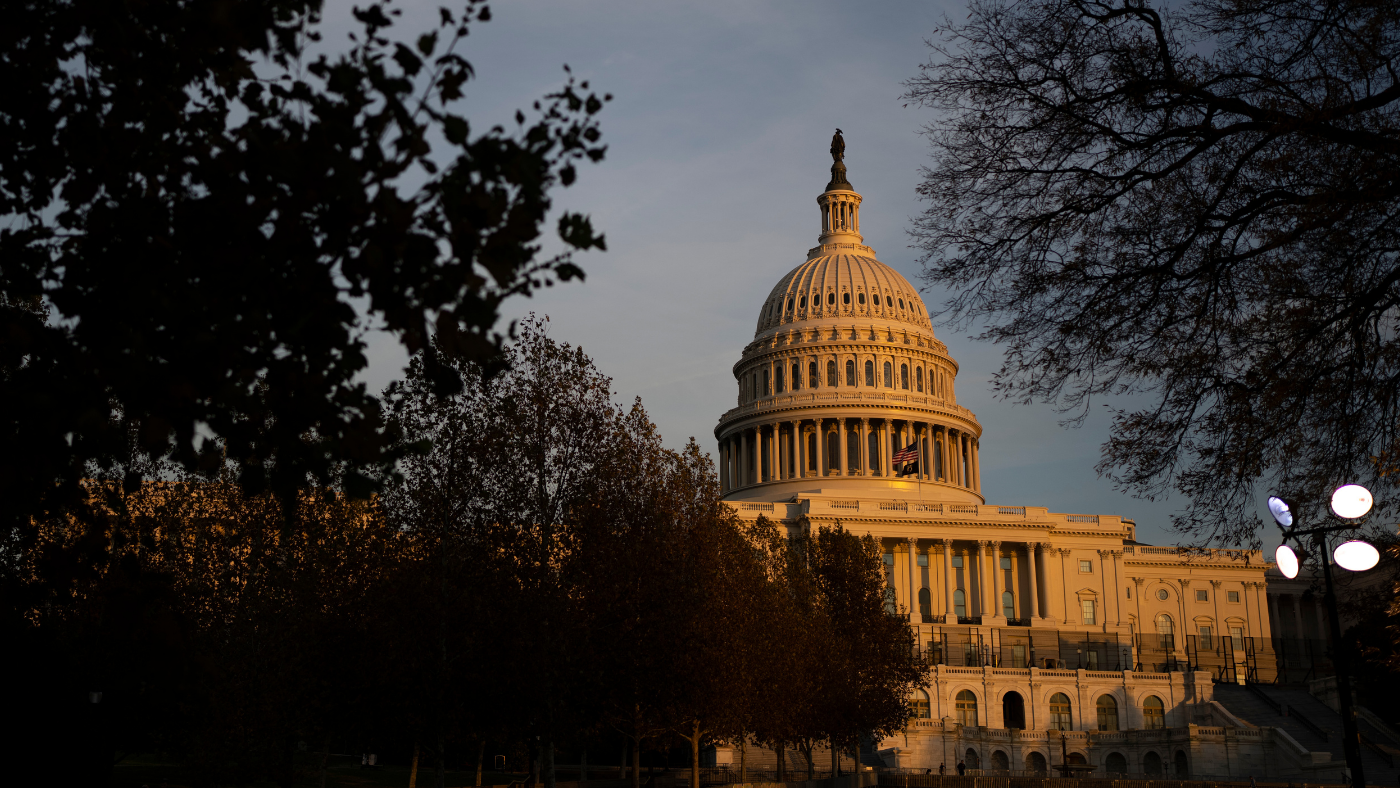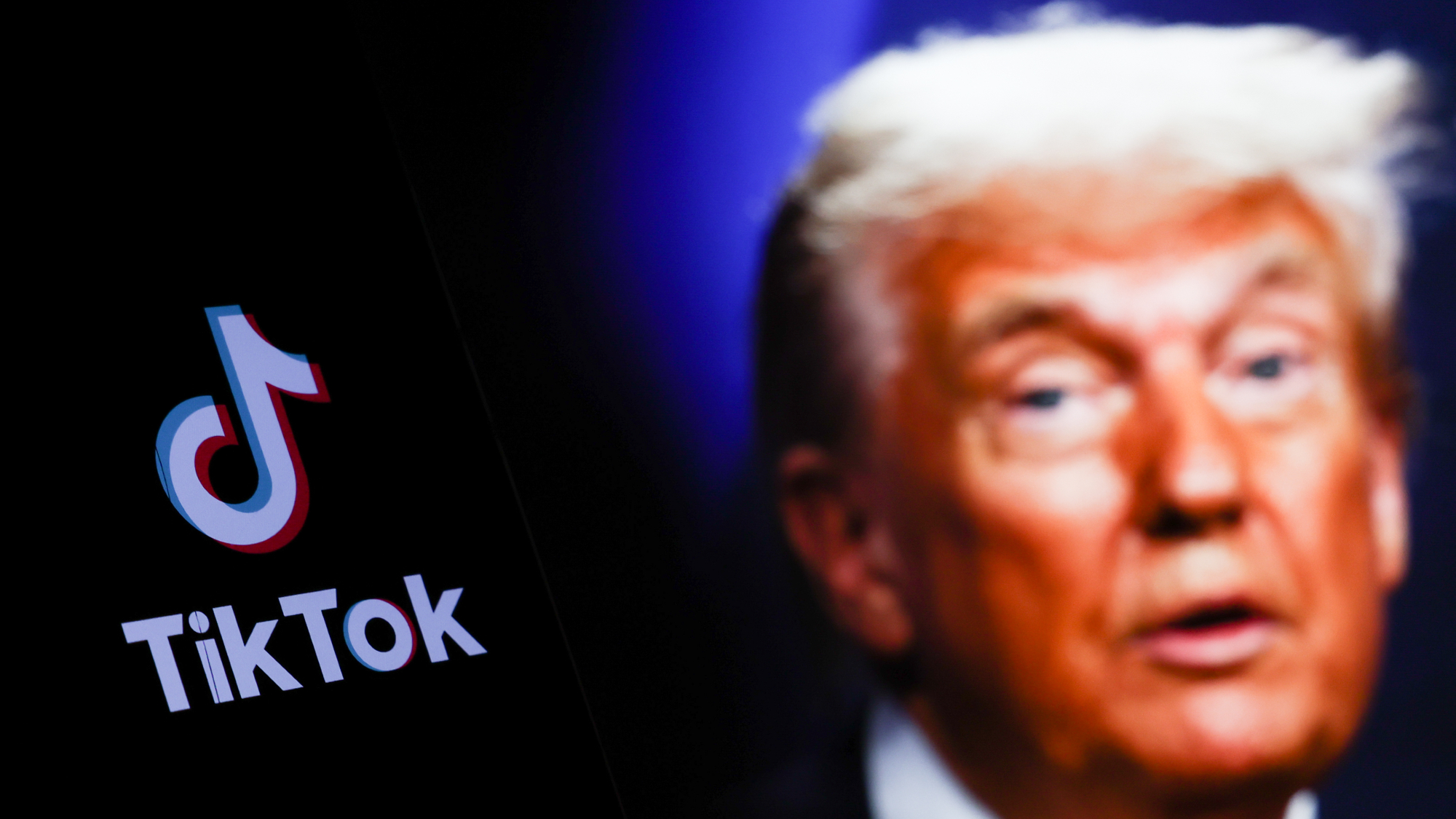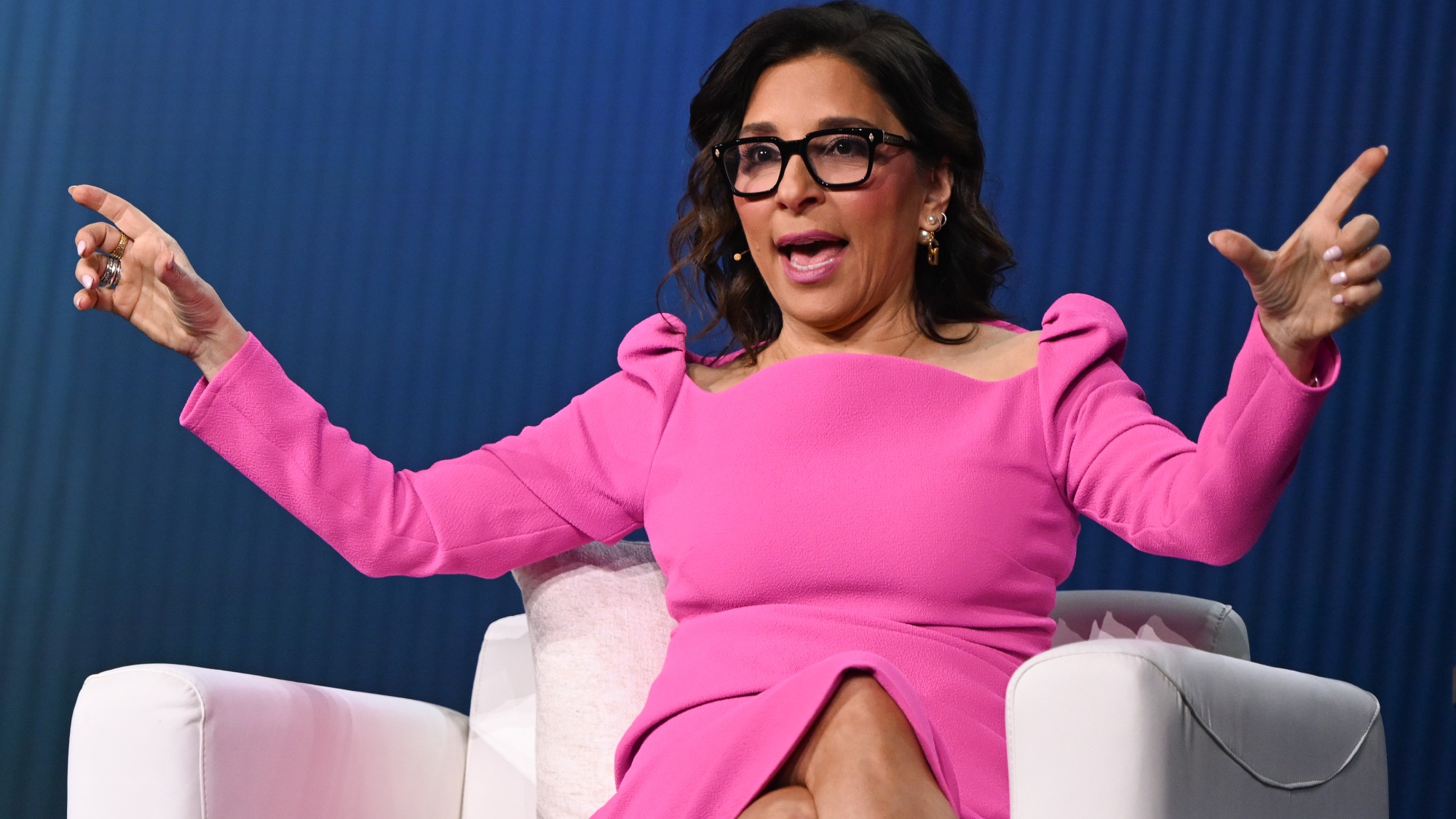Big Tech and the US midterms
Social media giants have announced new guidelines but fears persist that few lessons have been learned

A free daily email with the biggest news stories of the day – and the best features from TheWeek.com
You are now subscribed
Your newsletter sign-up was successful
TikTok, Twitter, Meta and YouTube are amplifying false claims about US election fraud, according to a newly published report that calls on the platforms to strengthen and enforce their “flawed” content policies.
The report – from New York University’s Stern Center for Business and Human Rights – concluded that social media “platforms need to recognise that electoral mis- and disinformation have become a perpetual threat, not an issue that materialises each election cycle and then disappears”.
With the midterm elections just weeks away and the next White House election due in 2024, questions are increasingly being asked about the role that Big Tech will play.
The Week
Escape your echo chamber. Get the facts behind the news, plus analysis from multiple perspectives.

Sign up for The Week's Free Newsletters
From our morning news briefing to a weekly Good News Newsletter, get the best of The Week delivered directly to your inbox.
From our morning news briefing to a weekly Good News Newsletter, get the best of The Week delivered directly to your inbox.
What happened in 2020?
Facebook and Google took “record amounts of revenue” in the run-up to the 2020 US election, reported Al Jazeera as voters went to the polls.
“But even as candidates pour tens of millions of dollars into advertising on the platforms, there is widespread discontent both about the rules the companies have set around the election and the manner in which they’ve enforced them,” said the news site.
Critics say little has changed since. “The wave of falsehoods in the wake of that election – including the ‘big lie’ that Donald Trump won – has continued to spread, espoused by hundreds of Republican candidates on ballots this fall,” according to NPR’s tech correspondent Shannon Bond.
Many experts are “wondering what lessons tech companies have learned from 2020 – and whether they are doing enough this year”, Bond added.
A free daily email with the biggest news stories of the day – and the best features from TheWeek.com
What new guidelines have been introduced?
Election-related announcements on the major platforms in recent weeks indicate that the tech giants are taking a “business as usual” approach in the run-up to the November midterms, Katie Harbath, a former elections policy director at Facebook, told NPR.
“It’s actually a quite confusing landscape because there is no regulation, there are no standards these companies have to follow,” said Harbath, now a fellow at the Bipartisan Policy Center. So “everyone is just making the choices that they feel are best for them”, she added.
Social media firms including Twitter and TikTok and online platforms including Google have introduced a “series of tools to mitigate what might turn into a war room among the electorate”, according to a recent report by the Warsaw Institute.
“Fighting misinformation, disinformation and enacting prebunk mechanisms” are “top priorities” for these companies, the think tank reported. Twitter has introduced a redefined set of guidelines intended “to protect civic conversation on the platform”, including the identification of misleading pictures.
Google has modified its Political Content Policy “to clarify the disclosure requirements for election advertising using ad formats” and has also joined a voluntary commitment to the EU’s new code that seeks to demonetise disinformation.
What about TikTok?
The video-sharing platform is owned by Chinese tech firm ByteDance, intensifying scrutiny about the platform’s potential cultural and political influence in the West. In 2019, TikTok announced a ban on paid political advertising in 2019.
Verdict reported last month that TikTok was also launching an educational programme “for its content creators so that they better understand the rules surrounding election content and regarding misinformation”.
But, the tech news site added, TikTok has “done little else to combat the problem, beyond the guidelines it already has in place”.
What about ads?
As Big Tech platforms have cracked down on political ads, political advertisers have “increasingly flocked to the new Wild West of programmatic ad companies”, said Axios.
An analysis by the University of North Carolina's Center on Technology Policy found that these companies – which automate the buying and selling of ads on various platforms – had “minimal transparency tools and few specific content restrictions”, the news site reported.
The review found that none of the programmatic advertising companies analysed had explicitly prohibited lies about election processes or outcomes, and that few made their policies around political misinformation clear.
What else can be done?
TikTok has pledged to weed out election misinformation and harassment targeting election workers, but critics insist a more robust approach is needed by all of the social media giants.
“Instead of playing whack-a-mole” by “retroactively banning harmful content”, social media needs to take “a more proactive approach to combat the issue”, concluded Verdict.
-
 5 calamitous cartoons about the Washington Post layoffs
5 calamitous cartoons about the Washington Post layoffsCartoons Artists take on a new chapter in journalism, democracy in darkness, and more
-
 Political cartoons for February 14
Political cartoons for February 14Cartoons Saturday's political cartoons include a Valentine's grift, Hillary on the hook, and more
-
 Tourangelle-style pork with prunes recipe
Tourangelle-style pork with prunes recipeThe Week Recommends This traditional, rustic dish is a French classic
-
 TikTok finalizes deal creating US version
TikTok finalizes deal creating US versionSpeed Read The deal comes after tense back-and-forth negotiations
-
 Is social media over?
Is social media over?Today’s Big Question We may look back on 2025 as the moment social media jumped the shark
-
 X update unveils foreign MAGA boosters
X update unveils foreign MAGA boostersSpeed Read The accounts were located in Russia and Nigeria, among other countries
-
 Sora 2 and the fear of an AI video future
Sora 2 and the fear of an AI video futureIn the Spotlight Cutting-edge video-creation app shares ‘hyperrealistic’ AI content for free
-
 Trump allies reportedly poised to buy TikTok
Trump allies reportedly poised to buy TikTokSpeed Read Under the deal, U.S. companies would own about 80% of the company
-
 What's Linda Yaccarino's legacy? And what's next for X?
What's Linda Yaccarino's legacy? And what's next for X?Today's Big Question An 'uncertain future' in the age of TikTok
-
 X CEO Yaccarino quits after two years
X CEO Yaccarino quits after two yearsSpeed Read Elon Musk hired Linda Yaccarino to run X in 2023
-
 Musk chatbot Grok praises Hitler on X
Musk chatbot Grok praises Hitler on XSpeed Read Grok made antisemitic comments and referred to itself as 'MechaHitler'